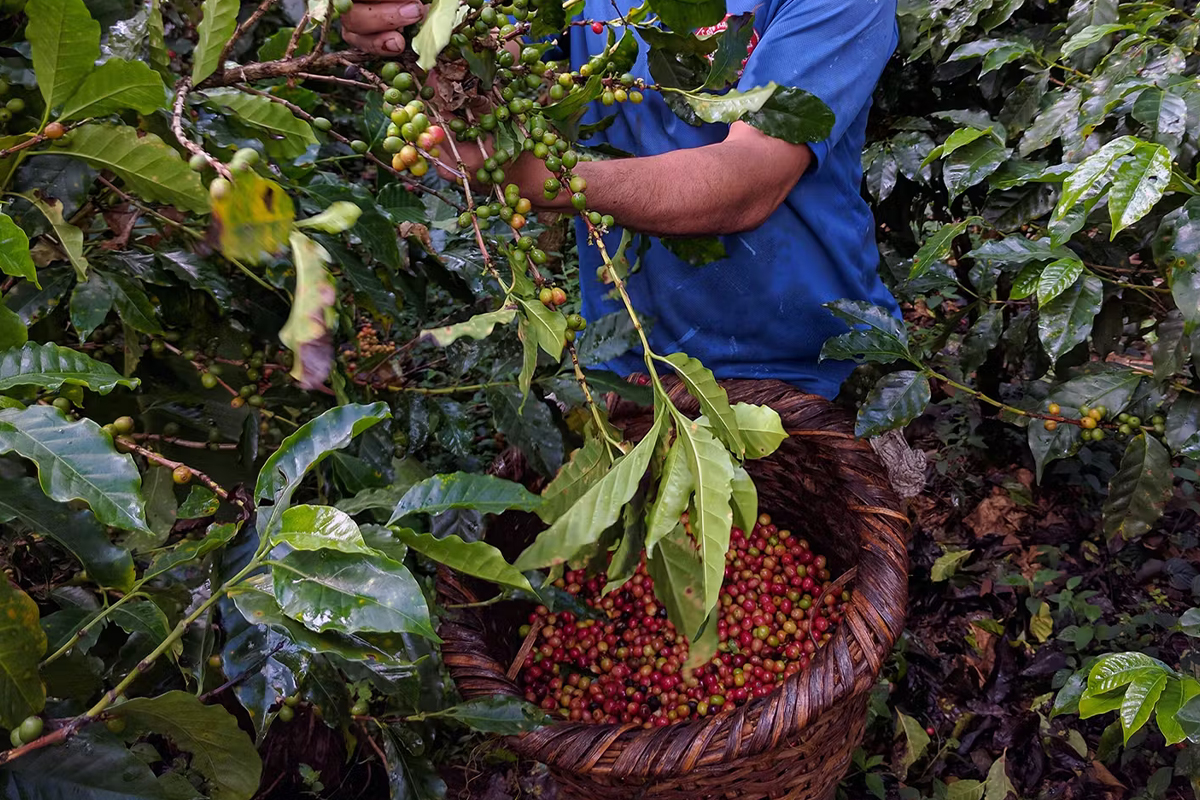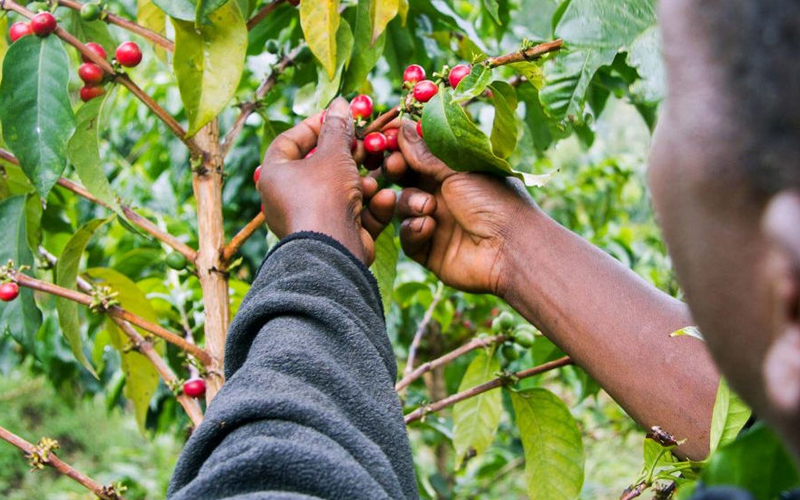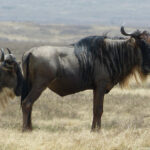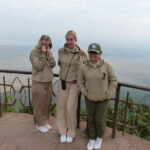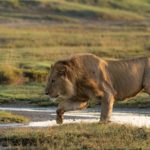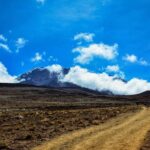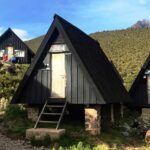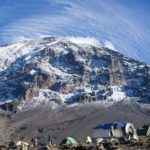Tanzania Coffee Farm Tours 2025
Tanzania is renowned for its stunning landscapes, incredible wildlife, and rich cultural heritage. But beyond safaris and mountain treks, Tanzania also produces some of the world’s finest Arabica coffee, grown in the shadow of Mount Kilimanjaro, the Ngorongoro Highlands, and the Southern Highlands.
For coffee lovers and adventure seekers alike, Tanzania’s coffee tours offer an unforgettable experience, blending culture, history, and hands-on activities. Whether you’re sipping freshly roasted beans, walking through scenic plantations, or learning from local farmers, a coffee tour in Tanzania is a journey into the heart of the country’s heritage.
The History of Coffee in Tanzania
Coffee has deep roots in Tanzania’s history, dating back to the 16th century, when it was first cultivated by the Chagga people around Mount Kilimanjaro. Over time, coffee production became one of the country’s most important exports, with Tanzanian beans gaining international recognition for their unique flavors.
Despite challenges such as fluctuating market prices and climate change, Tanzania’s coffee industry remains a crucial part of local livelihoods, with many smallholder farmers depending on coffee cultivation. Today, coffee tourism is emerging as a way to support local communities while giving travelers an immersive cultural experience.
The Best Coffee-Growing Regions in Tanzania
If you’re planning a coffee tour in Tanzania, these regions offer the best experiences:
1. Kilimanjaro Region – Tanzania’s Coffee Capital
- Home to some of the oldest coffee farms in Tanzania.
- Volcanic soil and high altitudes produce rich, full-bodied Arabica beans.
- Coffee tours can be combined with Kilimanjaro hikes and cultural visits.
2. Arusha Region – Coffee and Safaris
- Located near Serengeti, Ngorongoro, and Tarangire National Parks.
- Ideal for travelers looking to mix coffee experiences with wildlife safaris.
3. Mbeya & Southern Highlands – Tanzania’s Hidden Coffee Gem
- Produces some of the country’s highest-quality Arabica coffee.
- Lush landscapes with rolling hills and scenic coffee estates.
4. Ngorongoro & Karatu – Unique High-Altitude Coffee Estates
- Fertile volcanic soil enhances the flavor of local coffee.
- A perfect stop for travelers on safari tours in the Ngorongoro Conservation Area.
5. Mbozi & Ruvuma – Off-the-Beaten-Path Coffee Regions
- Lesser-known but home to excellent specialty coffee farms.
- Ideal for coffee enthusiasts looking for authentic, rural experiences.
What to Expect on a Tanzanian Coffee Tour
A typical coffee tour in Tanzania includes:
- Walking through lush coffee plantations while learning about different coffee varieties.
- Meeting local farmers and hearing their stories about traditional coffee farming.
- Hand-picking coffee cherries and seeing how they are processed.
- Tasting freshly brewed coffee, often prepared in a traditional Tanzanian style.
- Exploring the surrounding landscapes, from waterfalls to local villages.
For those looking for a more immersive experience, some coffee farms offer overnight stays, where guests can enjoy farm-to-table meals, traditional music, and cultural interactions.
Adventure Beyond Coffee: Activities to Combine with Your Tour
To make the most of your coffee tour, consider combining it with:
- Hiking on Mount Kilimanjaro’s lower slopes.
- Exploring waterfalls and lush forests near coffee farms.
- Cycling through scenic coffee-growing regions.
- Going on a safari in nearby national parks.
Sustainable & Fair-Trade Coffee Tourism
By joining a coffee tour, you support sustainable farming and fair-trade practices. Many coffee estates are committed to:
- Organic farming and eco-friendly processing methods.
- Empowering smallholder farmers through fair pricing.
- Reinvesting in local communities through education and healthcare programs.
Choosing a responsible coffee tour ensures that your visit benefits both the farmers and the environment.
Best Time to Visit for a Coffee Tour
The best time to visit Tanzania for a coffee tour is:
- June to October – The dry season offers the best weather for plantation visits.
- July to December – Coffee harvesting season, when visitors can participate in picking and processing beans.
Top Coffee Estates & Tours to Explore in 2025
- Machare Coffee Estate (Kilimanjaro) – A pioneer in organic coffee farming.
- Burka Coffee Estate (Arusha) – One of Tanzania’s oldest coffee farms.
- Ngila Coffee Estate (Ngorongoro Highlands) – A scenic coffee estate near safari destinations.
- Lunji Coffee Farm (Mbeya) – Offers farm stays and in-depth coffee tours.
- Utengule Coffee Lodge (Mbeya Highlands) – Combines luxury with hands-on coffee experiences.
A coffee tour in Tanzania is more than just a tasting experience—it’s an opportunity to connect with local culture, explore stunning landscapes, and support sustainable tourism. Whether you’re a coffee lover, adventure traveler, or cultural enthusiast, Tanzania’s coffee farms promise an unforgettable journey into the world of coffee.
FAQs
-
How long does a coffee tour last?
- Most tours last 2–4 hours, but some offer full-day or overnight experiences.
-
Is coffee farming in Tanzania sustainable?
- Many farms focus on organic, fair-trade, and eco-friendly practices.
-
Can I buy fresh coffee beans during the tour?
- Yes! Most coffee farms sell freshly roasted beans for visitors to take home.
-
Is a coffee tour suitable for families?
- Absolutely! Many tours include hands-on activities that kids will enjoy.
-
Do I need to book a coffee tour in advance?
- It’s recommended, especially for private tours or during peak season.
Tanzania Travel & Safari Guide

